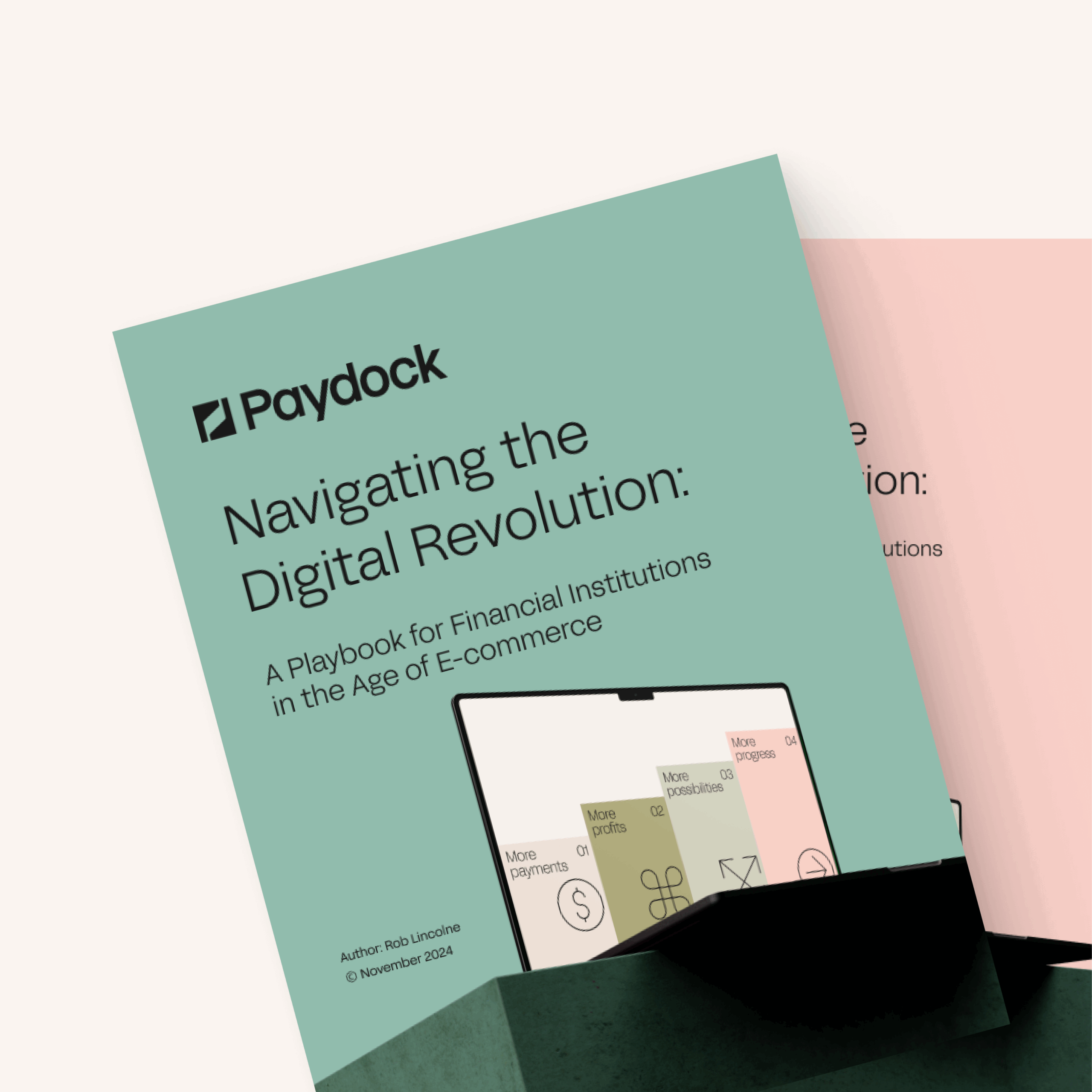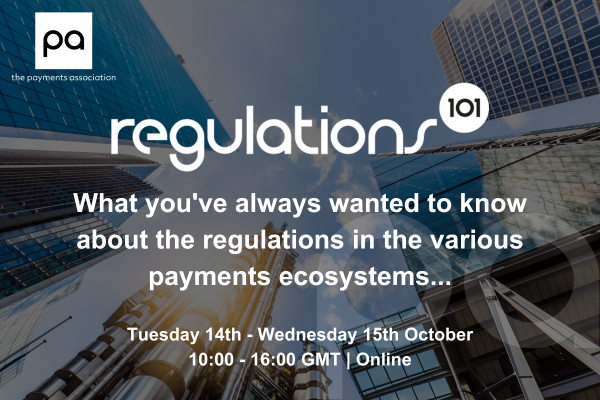Fighting Greenwashing: FCA Standards for Sustainability Claims

By Rachel Baines, The Payments Association
Demand for sustainable products and services has never been higher, and businesses are eager to highlight their green credentials, leading many FCA-authorised organisations to expand their sustainable offerings. However, this positive trend has been marred by the rise of greenwashing, prompting the Financial Conduct Authority (FCA) to introduce a comprehensive package of measures on February 2, 2024.
Aimed at combating greenwashing, this initiative seeks to ensure that sustainability claims made by these organisations are transparent, fair, and not misleading, thereby enhancing trust and transparency in sustainable investment products. This significant move by the FCA is not solely focused on ensuring compliance but is fundamentally about restoring and bolstering consumer confidence in sustainable finance.
The Rise of Green Consumerism
There’s a growing appetite among consumers for products and services that are not only good for them but for the planet. This shift is increasingly driving FCA-authorised businesses to highlight their sustainability efforts. However, distinguishing genuine sustainable practices from mere marketing claims becomes challenging as more companies jump on the green bandwagon. The consequence? A sceptical consumer base that could potentially backslide on sustainable investments.
The Greenwashing Dilemma
Greenwashing — the practice of making exaggerated or false claims about the environmental benefits of a product, service, or company practices — poses a serious risk to consumer trust and market integrity. Misleading sustainability claims can distort consumers’ perceptions and decision-making processes, undermining confidence in the sustainable finance market. It’s a concern that the FCA takes seriously, recognising the potential long-term damage to consumer trust and the broader financial ecosystem.
FCA’s Anti-Greenwashing Guidance
The Financial Conduct Authority (FCA) has proposed comprehensive guidance as part of its broader Sustainability Disclosure and Labelling Regime. Aimed at combating greenwashing, this guidance includes detailed implementation timeframes and criteria for sustainability labels and ensures that sustainability claims by FCA-authorised organisations are fair, clear, and not misleading. Outlined in the FCA’s Policy Statement (PS23/16), this framework addresses investment labels, disclosure, and naming and marketing rules tailored for UK asset managers and distributors of investment products to retail investors. The introduction of investment labels marks a significant advancement, providing a clear framework for products that aim to achieve positive sustainability outcomes. These labels and the detailed criteria set forth by the FCA will play a pivotal role in guiding firms and protecting consumers.
This initiative marks a consequential step towards a transparent market where consumers can make informed decisions, covering a wide spectrum of sustainability claims to target all aspects of sustainable finance.
Who should take note?
Essentially, everyone in the finance sector. The FCA’s guidance is aimed at various stakeholders within the sustainable finance ecosystem, including investment firms, asset managers, and financial advisors. Any FCA-authorised organisation making sustainability claims needs to pay attention. The guidance outlines clear expectations for how sustainability claims should be presented and supported, ensuring they are backed by tangible evidence and clear methodologies.
What’s Next?
The implementation of these rules is phased, with the anti-greenwashing rule coming into force on May 31, 2024, and additional requirements for asset managers set for December 2, 2024. This staged approach allows firms adequate time to align their practices with the new guidelines.
The FCA’s measures represent an important stride towards eliminating greenwashing and fostering a sustainable finance ecosystem built on transparency and trust. As the sustainable finance market continues to evolve, adhering to these guidelines will be paramount for FCA-authorised firms seeking to make credible sustainability claims.
Embrace the future of sustainable finance by staying informed with our ESG Toolkit. Subscribe now for insights and ensure your organisation is aligned with the highest standards of sustainability claims.

























